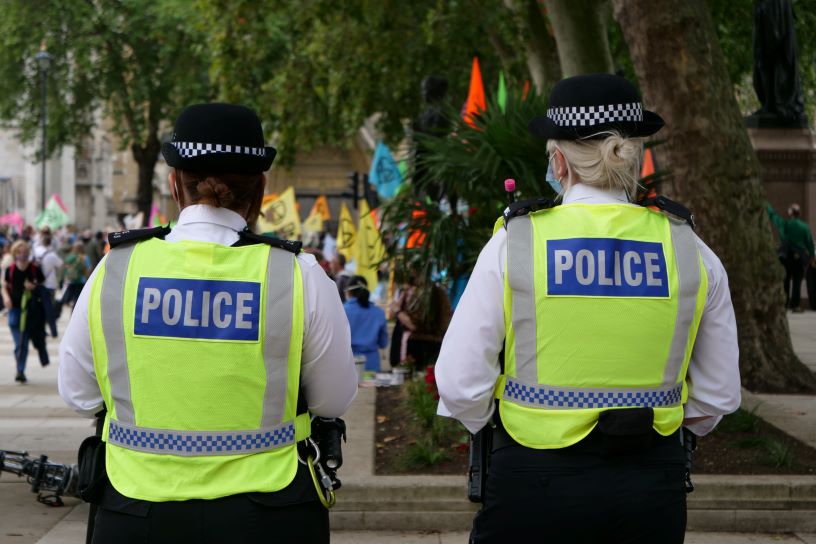Quakers lobby political party on democracy and justice
If elected, Labour must focus on prevention, rehabilitation, and restorative justice to repair the criminal justice system, Quakers say.

More neighbourhood policing, multi-agency approaches and investment in programmes for young people would help prevent crime, Quakers told the Labour Policy Forum.
The promising Labour slogan 'tough on crime and tough on the causes of crime' had not been honoured, the submission said, and any new strategy must address causes.
The joint submission, made by Quakers in Britain and Quakers in Criminal Justice, offered an opportunity to influence party policy in line with Quaker testimonies to peace and equality.
These have shaped Quaker work in relation to democracy and criminal justice since the seventeenth century.
Wide-ranging submission
In a wide-ranging submission to the 'safe and secure communities' consultation, Quakers also urged Labour to support democracy and civil society.
This could be achieved by repealing authoritarian legislation and protecting the independence of bodies such as the Electoral Commission, they said.
Civil society is fundamental to democracy but has been challenged by policy and legislation around protest, campaigning and human rights, Quakers said.
Labour must prioritise truth and integrity as underpinning values of democracy.
Quakers in Britain are working to influence all the main UK political parties' policies in the run-up to the next general election.
Paul Parker, recording clerk of Quakers in Britain, said: “We believe that every human being is a child of God and deserves dignity and compassion, regardless of what they have done.
“We will continue to work with others to ensure Quaker values of equality and justice are at the bedrock of our society."
Other points raised included:
- Reoffending costs £18 billion every year in England and Wales and housing one prisoner £48,000 a year. A radical approach to prevention is called for.
- More strategic attention should be given to restorative justice which has been successfully used with young offenders but has much more scope to address crime and anti-social behaviour, and reduce conflict in communities.
- Neighbourhood policing has social value in building up trusting relationships and spotting trouble early, even if they do not seem cost-efficient.
- Labour should trust the evidence from academic research, think tanks, working parties and committees of enquiry. There is no need to reinvent the wheel.
- Labour must consider how militarized British policing should become.